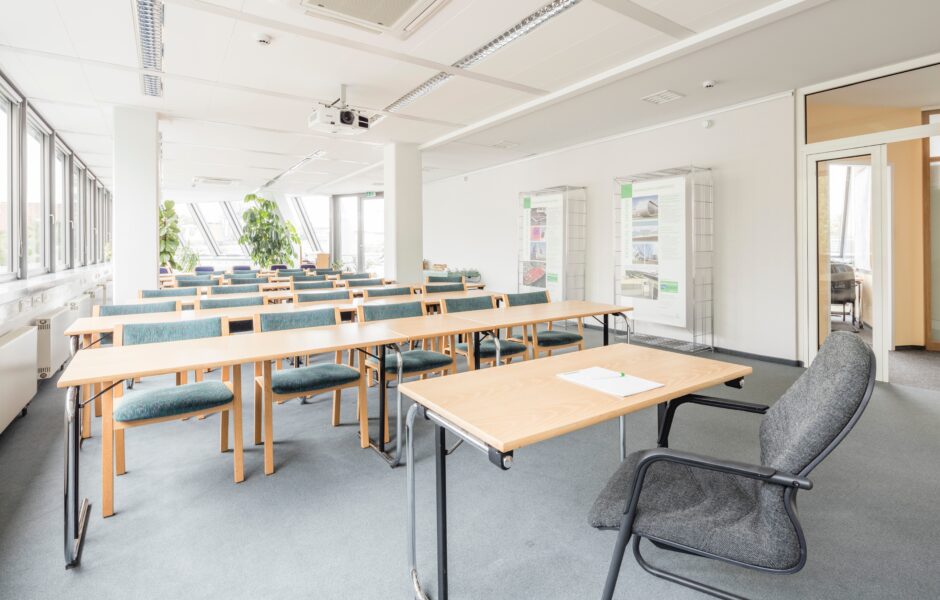Bodossaki Foundation, seeking to support the national effort to upgrade vocational technical education in Greece and to provide equal education opportunities to EPAL students, created the programme “Digital Classrooms – Model Vocational Upper Secondary Schools (EPALs)”, which offers equipment for technology classrooms / labs of Model EPALs. The programme is implemented in collaboration with the Ministry of Education. The donation consists in the provision of the following:
- Provision of electronic equipment (interactive whiteboards, video projectors etc.), sound equipment & LAN with internet access.
- Installation of air conditioning system.
- Classroom/lab security with alarm system
- Provision of infrastructure equipment
The objectives of the programme are to enable the smooth conduct of courses requiring high tech equipment, such as machine technology, technical drawing etc., of training programmes in new digital developments (use of web portal, etc.) and of webinars and presentations to/from foreign organisations for the transfer of best practices and know-how, as well as presentations of the Model EPAL to audiences abroad in order to attract foreign students for registration and provide distance training to students abroad, and the conduct by the EPAL of trainings for students and parents.

